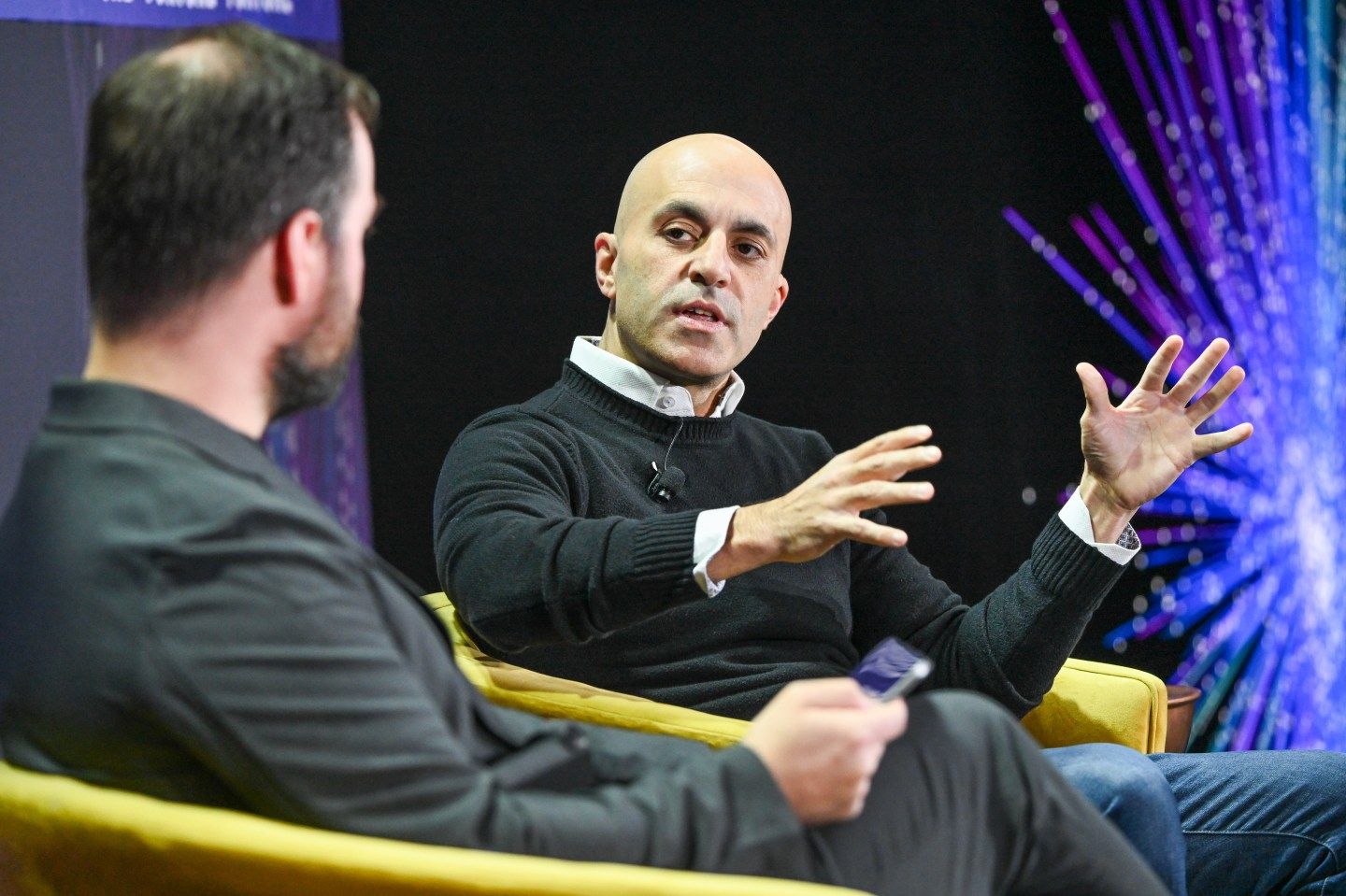Good afternoon, readers.
Here in New York City, a free COVID-19 antibody testing program could reach up to 140,000 residents between now and June. That doubles the figure of tests to be conducted in the coronavirus pandemic’s epicenter: Another 140,000 are allocated for frontline and essential workers.
But COVID antibody testing is, to put it lightly, complicated. It comes with a series of contradictions and balancing acts for ensuring access to these tests—which will be critical for reopening the economy and understanding the novel coronavirus’ underlying nature—and making sure the ones people are taking aren’t giving us bogus information.
I spoke with senior government officials, pharmaceutical experts, and academics who specialize in biostatistics to parse exactly what the state of antibody testing is and the challenges which lie ahead.
As you might guess—it’s complicated. Such testing is important because it can tell us more about who has already contracted the coronavirus but recovered, even if they were asymptomatic for COVID-19. But that process will take time since health care institutions will need to learn through experience how accurate the dozen antibody tests which have been granted emergency authorization are, and what they tell us about how long someone may be immune to COVID-19.
Originally, the Food and Drug Administration (FDA) was willing to give companies developing antibody tests a bit more leeway since access to such diagnostics is important. The agency has since revised guidance to ensure quality control. It amounts to a chicken and egg dilemma of ensuring widespread testing while simultaneously boosting the most effective products.
Companies like Roche and Abbott Laboratories have made bold claims about their own antibody blood tests’ accuracy (Roche, for instance, says its test has a 100% rate of correctly identifying people who have antibodies and a more than 99.8% rate of correctly identifying people who don’t.) Previous tests, including ones that were being hawked even without emergency authorization, have had decidedly mixed results, according to a slew of researchers from UC Berkeley, UCSF, and others.
The science itself is complicated enough. The effects on society at large? Even more so.
“Antibody tests give us a bigger picture of the range of disease,” says Natalie Dean, a professor and biostatistician at the University of Florida. “They’re especially useful for identifying high-risk groups. [They] let us see at the highest-risk occupations such as factories where people are in close quarters. But you have to piece these things together from a bunch of different sources.”
How well we can “piece these things together” may take months or even years to determine, and likely require an all-hands data-sharing approach between traditional corporate rivals and government agencies.
Read on for the day’s news, and we’ll see you again next week.
Sy Mukherjee
[email protected]
@the_sy_guy
DIGITAL HEALTH
Government boosts payment rates for telephone health visits as demand grows. Demand for health care services that don't have to be done at an actual, well, hospital has spiked during the coronavirus outbreak. And the Centers for Medicare & Medicaid Services (CMS) has taken note. The agency is boosting the number of telehealth services eligible for enhanced payments as hospitals and clinicians see a steep drop in traditional medical visits, including for behavior health and patient education. (Medical Economics)
INDICATIONS
Allogene stock spikes on lymphoma drug data. Shares of biotech Allogene spiked more than 32% in Thursday trading as initial data for its experimental blood cancer treatment sent investors into a tizzy. The therapy, ALLO-501, is in a class of cancer therapies called CAR-T, which involves re-engineering patients' immune cells to kill off cancerous invaders. But what makes this treatment special is that it's an "off-the-shelf" variety of CAR-T. You see, usually, you would need to extract a patient's cells individually in order to make an engineered cancer-killer with CAR-T, which is an expensive and complicated manufacturing process. An "off-the-shelf" approach may mean you could make these treatments without the need for one-by-one personalization.
Sanofi will give the U.S. First rights to experimental coronavirus vaccine, but CEO clarifies. French drug giant Sanofi came under scrutiny from its own home country's government when CEO Paul Hudson said that U.S. Patients might get first dibs on a coronavirus vaccine candidate being developed in America. On Thursday, Hudson clarified that he believes any vaccine should be available to people across the globe. “My comments are around whether we continue to make sure we are in a similar position in Europe [to build vaccine manufacturing capacity],” he said. “It was never a choice. We need to get vaccines to everybody around the world.” (Reuters)
A COVID-19 vaccine may take until the end of 2021. Speaking of COVID vaccines—there's been talk from some corners of government and the medical industry that we could hopefully have one available within 12 or 18 months, if not earlier. Novartis CEO Vas Narasimhan is striking a more cautious tone, writing in an op-ed that a more realistic timeline is 18 months to two years. A vaccine will be essential for public health and a return to normal. (Bloomberg)
THE BIG PICTURE
Outbreak spurs UnitedHealthcare to get back into ACA marketplaces as job losses mount. With more than 30 million Americans out of work amid the coronavirus pandemic, insurance giant UnitedHealth is working its way back into the Affordable Care Act's individual insurance marketplaces. The country's largest health insurer had previously said it would exit nearly three dozen markets; but as millions lose their jobs (and along with them, their employer-provided health insurance), UnitedHealth says it's planning to get back into Maryland's Obamacare market and expanding its footprint elsewhere. (Politico)
REQUIRED READING
Real jobless rate soars to Great Depression levels, by Lance Lambert
Coins2Day 500 CEO survey: How America's biggest companies are dealing with the pandemic, by Alan Murray
4 takeaways from the House Democrats' new $3 trillion stimulus bill, by Nicole Goodkind & Sy Mukherjee
Who pays for the pandemic when insurance companies refuse, by Jeff John Roberts











